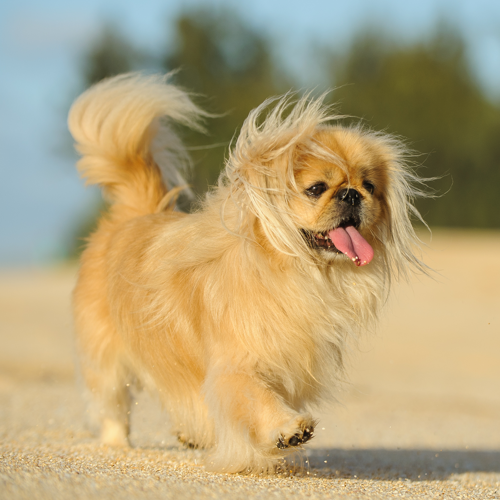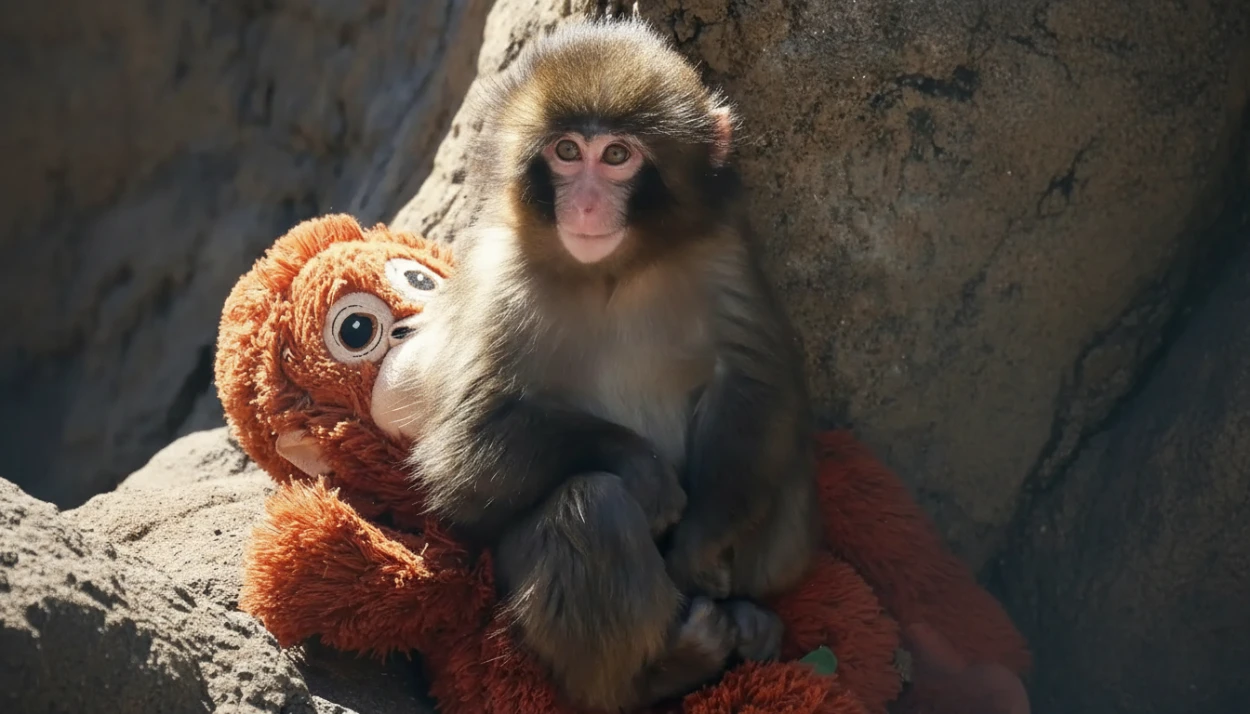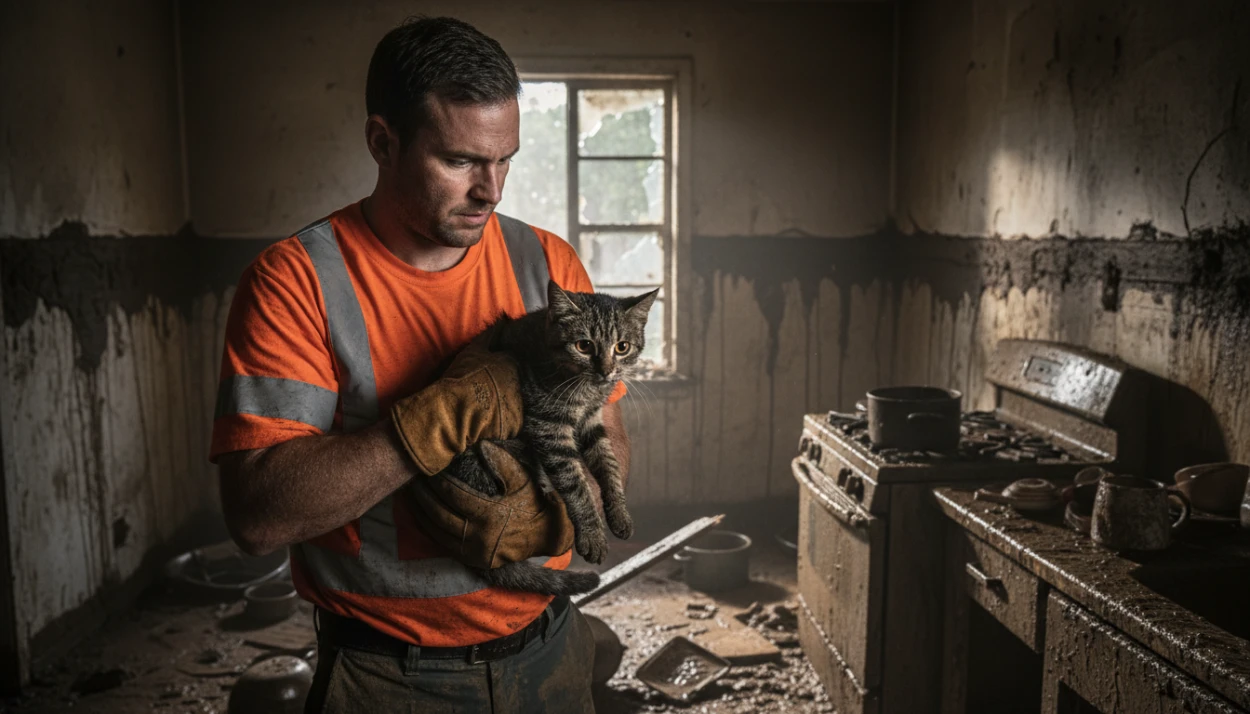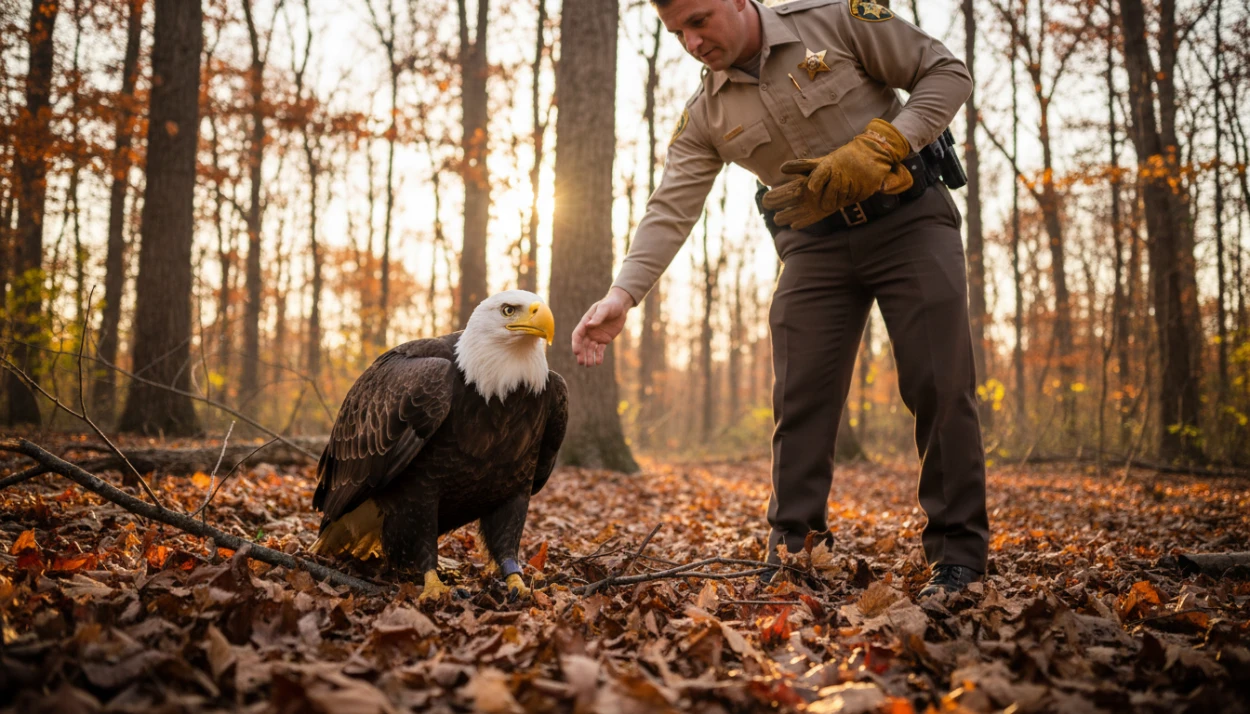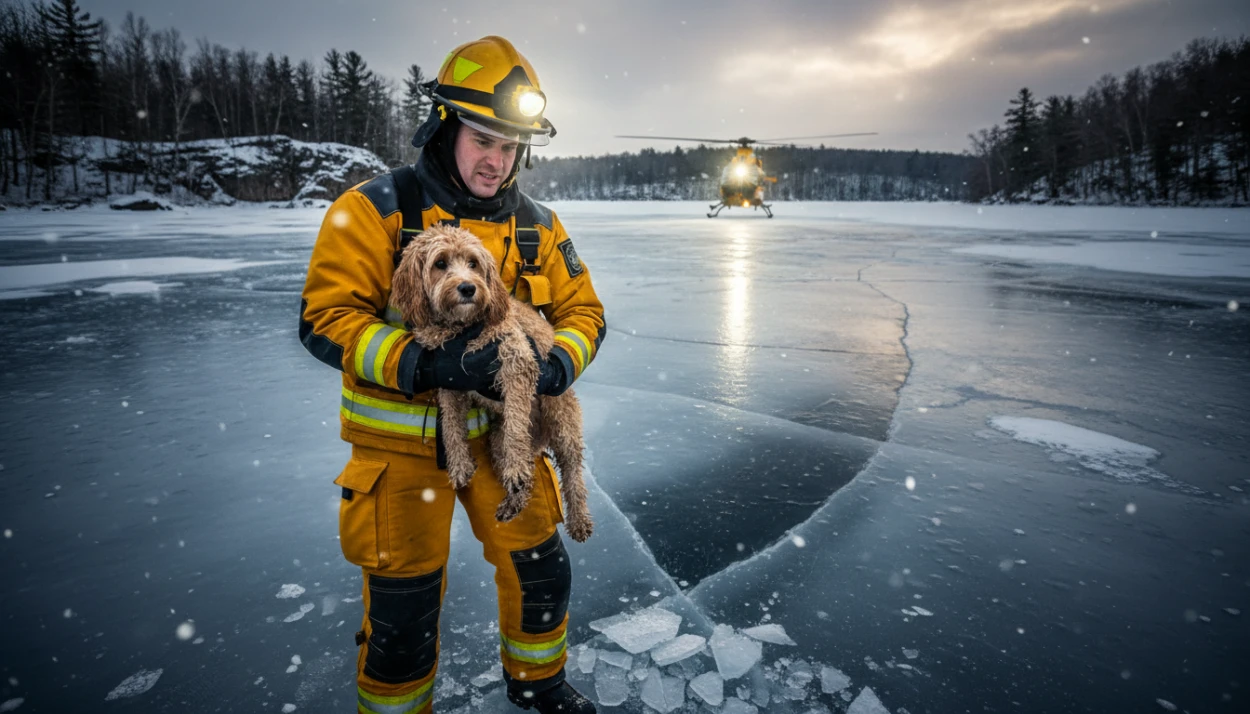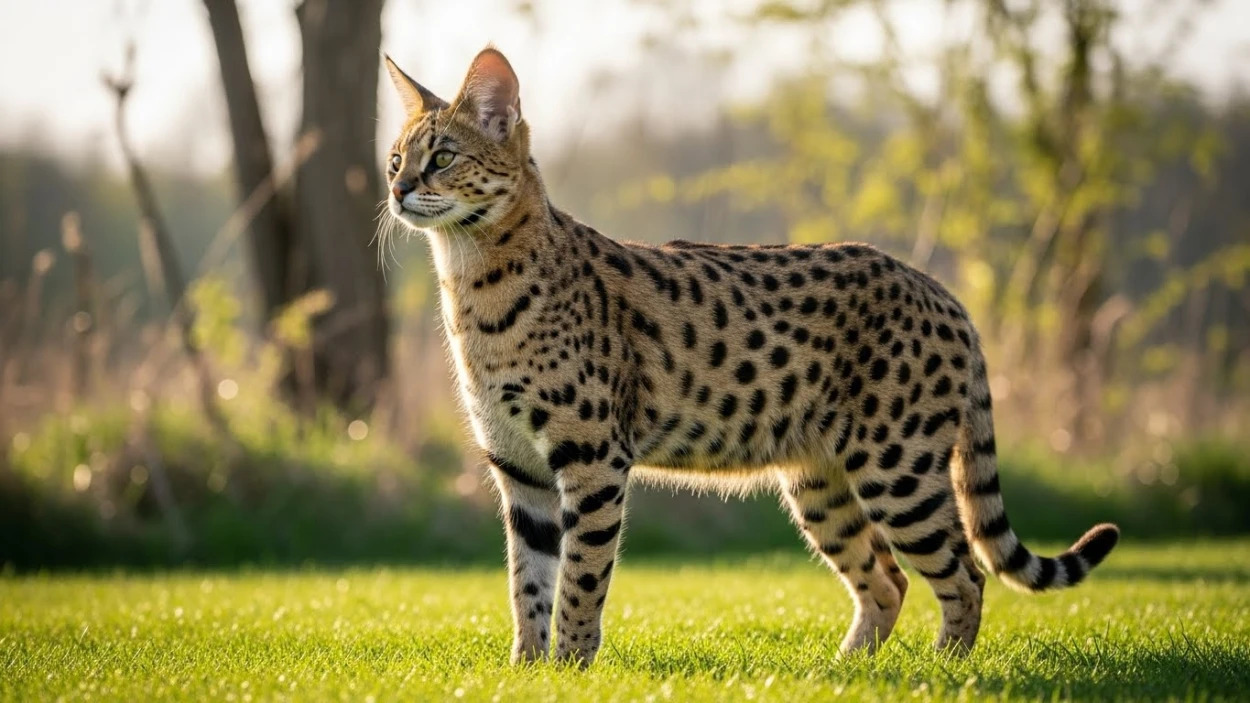The dog is one of the most beloved pet animals and is regarded as man's best friend. The relationship between a dog and their owner is unmatched by any other kind of animal.
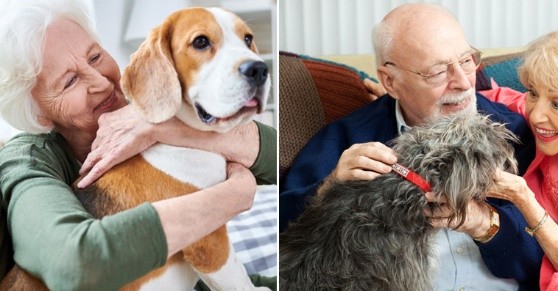
Being able to enjoy your golden years with the companionship of a furry friend can be rewarding. When you visit shelters and rescues, nothing is as compelling as watching puppy eyes look up at you. In addition to research, you should also assess your needs and caring abilities before you choose the best dog breed.
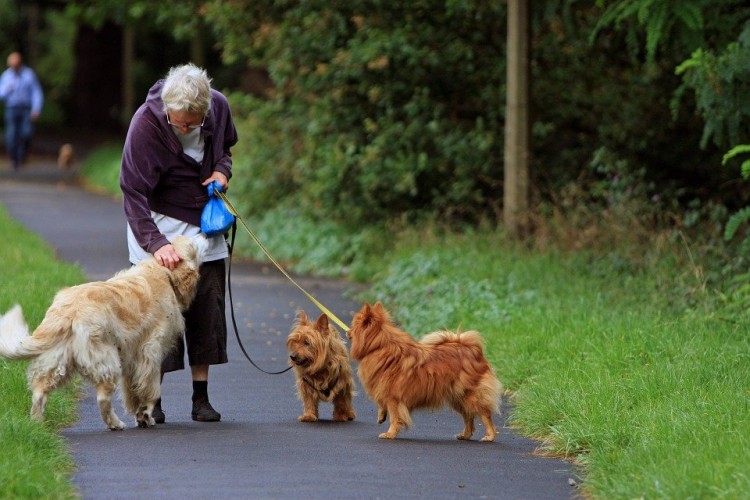
You might have some difficulty taking care of a dog. Various breeds exist, and not every one is suitable for adults. There are many breeds of dogs that have excessive energy, and they require a lot of exercise to release it.
An older adult will be unable to own a dog due to several factors. In this case, it is important to choose a dog that matches your lifestyle and abilities.
When selecting a dog breed, consider the following points
You have to make a big decision when you get a dog. A small dog breed can live for 13 to 15 years or more, making them very popular with seniors. It's also necessary to be able to take care of your dog. A senior's health and preferences determine what are the best dogs for him or her. Senior citizens with medical conditions may favor lap dogs that can cuddle on the couch if they are more active and like large dog breeds that can run and romp.
You should first evaluate your own personal situation before choosing a dog breed. It is important to take into account the environment in which you live. Make sure to find out whether dogs are allowed in your assisted living community and if breed restrictions apply. It can also be easier to choose the right dog if you have a yard or outdoor space nearby. Additionally, you should consider finances, as certain dog breeds are prone to costly health problems. Get advice from friends and family before choosing a dog.
Additionally, you should consider the kind of dog that suits your lifestyle. To know what the best dogs for seniors are, read on.
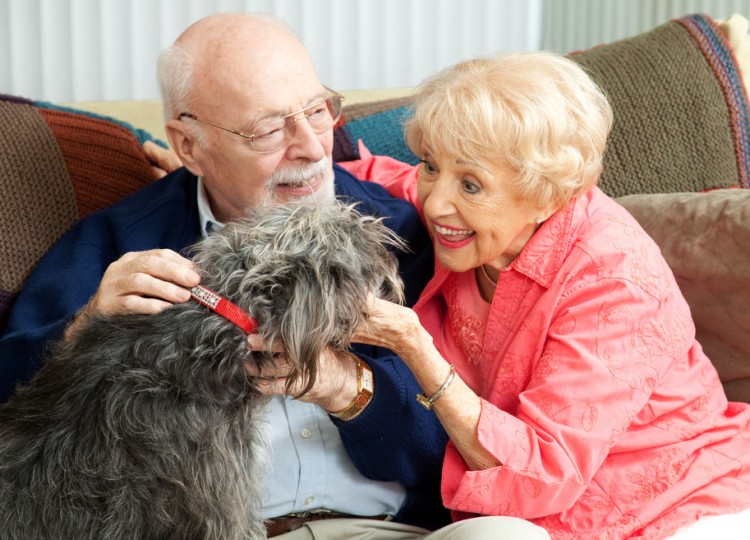
SIZE
If you are shopping for a floofer for a senior, size is a crucial factor. Despite large dogs being a great watchdog and guard dog, they are also more likely to knock you over if they get excited. You will also need to spend more on food if you have a large dog rather than a small one. The cost of owning a big dog can also be higher because big dogs tend to have more medical conditions, including hip dysplasia. You should choose a breed like the Saint Bernard or Newfoundland if you have a docile disposition.
When it comes to walking and regular care, such as bathing, smaller dog breeds tend to be easier to handle. Moreover, smaller dogs usually require less exercise than larger dogs. The problem with small dogs is that they may bark and yap often. This behavior can be minimized through proper training and socialization.
LEVEL OF ENERGY
The energy requirements of dogs vary. You may be able to get the exercise an Australian shepherd needs running around your property if you plan to live on a country farm. As an alternative, if you live in a small apartment or have mobility issues, a less energetic dog might make more sense for you.
Identify your level of activity, and then look for a dog with similar activity requirements. Dog breeds that are smaller will generally require less exercise than big dog breeds.
AGE
Choosing the best dogs for seniors also requires consideration of the dog's age. If your dog lives longer than you, you may have to think about who will care for him or her if you die.
In addition, puppies and young dogs are typically more energetic than others. It isn't impossible to train and socialize a young puppy who wants to chew and play all the time if you're entering your golden years with some pep in your step. Older dogs or senior dogs may be a better option for seniors looking for companionship from a dog. Their temperaments are more relaxed. They are also typically housetrained and socialized.
Temperament
The personalities of dogs can vary, just as they do with humans. The temperaments of some dogs, such as beagles, bulldogs, and retrievers, are known to be sunny, relaxed. Other seniors can be stubborn, independent or strong-willed, making it hard for senior leaders to take charge.
A dog's temperament is also determined by his breeding and upbringing. Before making a final decision about adopting a dog, try to meet the animal. The breeder or rescue worker can tell you a lot about the dog's behavior and traits if you observe it in different situations.
GROOMING
Skin and coat maintenance may be more difficult for some dogs than for others. Depending on the dog, they may need to be brushed and trimmed every few weeks, or they may only need to be bathed every few weeks. You should consider how much maintenance your dog will require before you choose it. Don't underestimate the time and effort it takes to groom your dog.
The following dogs are the best for seniors:
1. Pug
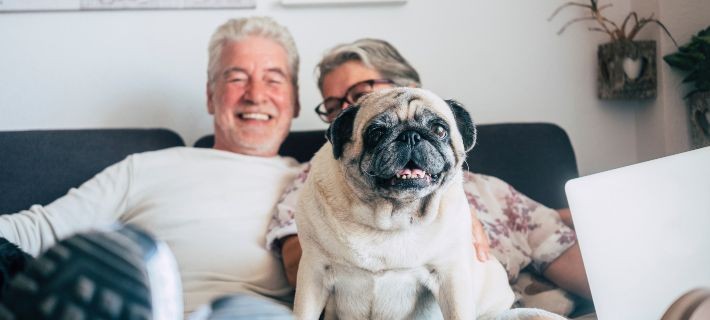
Pugs are perfect for seniors. Pugs are generally healthy and have a pleasant temperament. Pugs shed a lot, so they require some little grooming every week. This is nothing to be concerned about. You can easily groom a Pug. Additionally, keep the temperature as warm or as cold as possible during the winter because this will make your pug sick. Older adults enjoy the company of this breed, so it is ideal for idleness. Pugs will certainly be able to live comfortably in a small apartment, since they are small and require a small amount of space. There is nothing sweeter than a pug's affectionate nature and friendly disposition. These dogs tend to be healthy and well behaved and are perfect for seniors. They make great companions because of their cuteness and cuddliness.
2. Shih Tzu
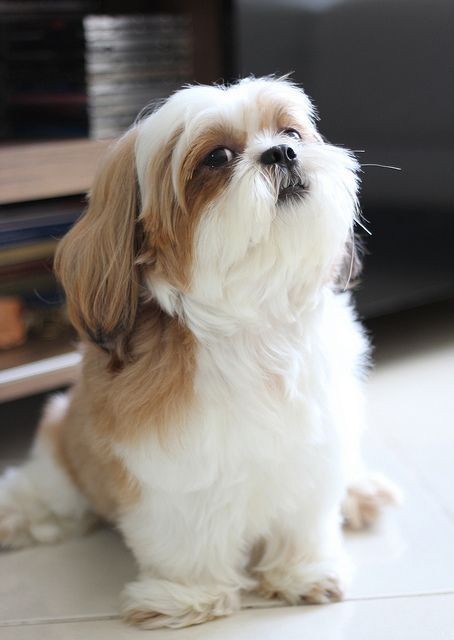
Shih Tzus can live either in an apartment or in the home and are well-rounded dogs. Dogs of this breed require little maintenance, but they do require a daily walk or exercise in the backyard. Both family and strangers find them playful and welcoming, and their gentle temperament makes them an excellent candidate for seniors who have grandchildren and other pets.
3. POODLE
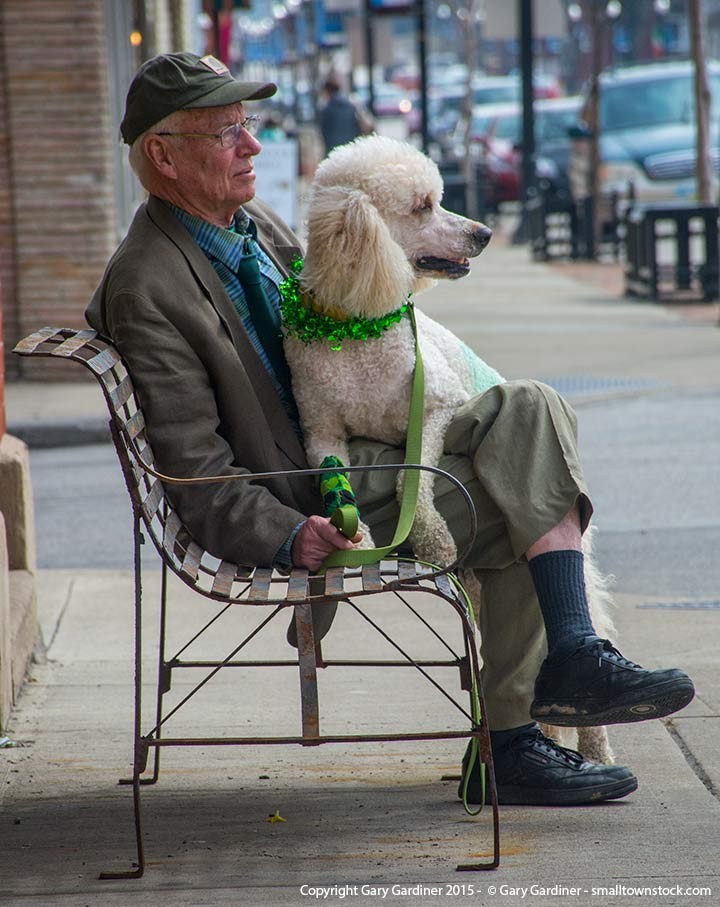
There is no doubt that the poodle is one of the most intelligent and easy-to-train dogs ever invented. Exercise isn't too important for this dog breed - a solid walk per day is enough. Most of the time, they enjoy cuddling with family members. Dogs with multiple family members develop strong bonds, unlike other dog breeds. It's a great idea to get a poodle when you're retired, as they're gentle and nurturing.
The only thing they shed is their fur, so they are an excellent choice for seniors. In addition to the tiny toy poodle, miniature poodle, and standard poodle, they come in different sizes as well.
4. CAVALIER KING CHARLES SPANIEL
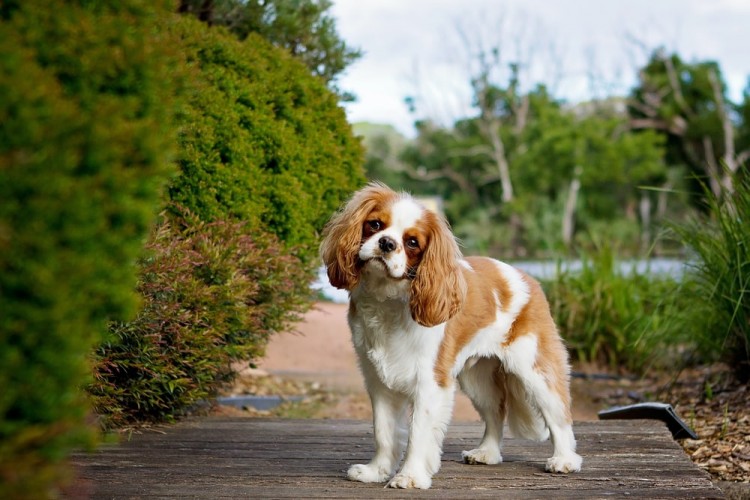
It is easy to see why these gorgeous pups make wonderful companions. Their high intelligence makes them easy to train, and they enjoy cuddling with their favorite people. In addition to their playful nature, they enjoy being around and watching adults and children alike.
Cavalier King Charles spaniels have a long, woolly coat that is prone to matting, especially behind their large ears. Despite their instincts to chase critters, these dogs require regular brushing and grooming. If your senior has a fenced yard, they're perfect, or if you're exercising them on walks with a long leash, they'll love them.
5. Pekingese
The Pekingese breed is known for its loyalty and devotion. Despite being small, usually 14 pounds, and loving affection so much, this breed is perfect for senior citizens. As a lapdog, the Pekingese loves to be petted. Regular brushing is required. No matter if you have a large or small apartment, this breed can live just fine regardless of its size. They might disturb your neighbors if they bark sometimes. They need training. They are one-person dogs, which means that they tend to stick with just one person, which makes them perfect for old people living alone. Your senior years will be made worthwhile when you own a Pekingese.
6. COCKER SPANIEL
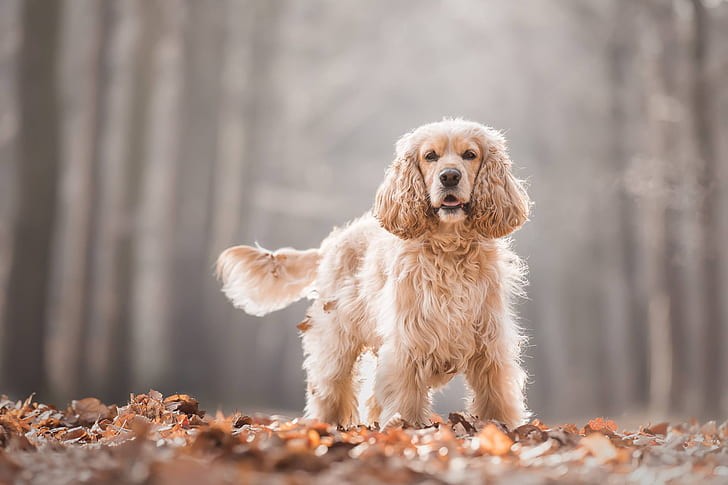
Among the best dogs for seniors, the Cocker Spaniel consistently ranks high. The dogs do not have much pent-up energy that needs to be released, so regular walks and other exercises are necessary to keep their muscles healthy. People-pleasers, these dogs require only occasional brushing to keep their coats tangle-free, and they are easy to train. Apartments are OK for these dogs, but they prefer to be in indoor environments where they can play.
7. Chihuahua
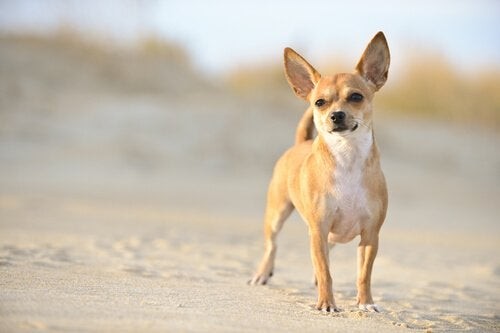
The Chihuahua dog breed originated in Mexico and is the smallest dog breed in the world. They are perfect pets for seniors since they enjoy staying at home and require little exercise and walking. Dogs of the Chihuahua breed live the longest of any breed. Watch out for what you feed them, however, because they tend to become obese. Chihuahuas are tiny dogs. There is a lot of energy and loyalty in this breed and it is extremely difficult to housetrain. As early as possible, make sure they are properly trained.
8. French Bulldog
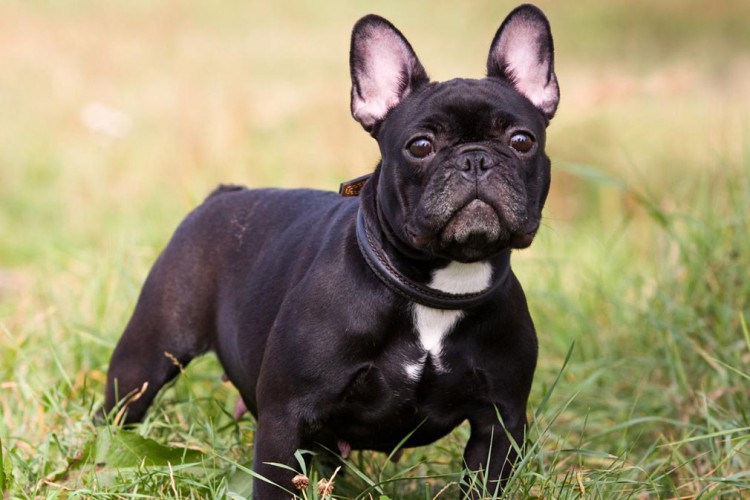
The French Bulldog breed is energetic and cheerful. It is a small but muscular, energetic, and compact dog breed. Breeds of this breed often get easily tired due to their lack of endurance. They are not known for shedding very often, like many other breeds. Moderate activity and exercise are essential for releasing energy and improving stamina. The cheerfulness of these dogs will keep seniors happy and healthy.
9. Maltese
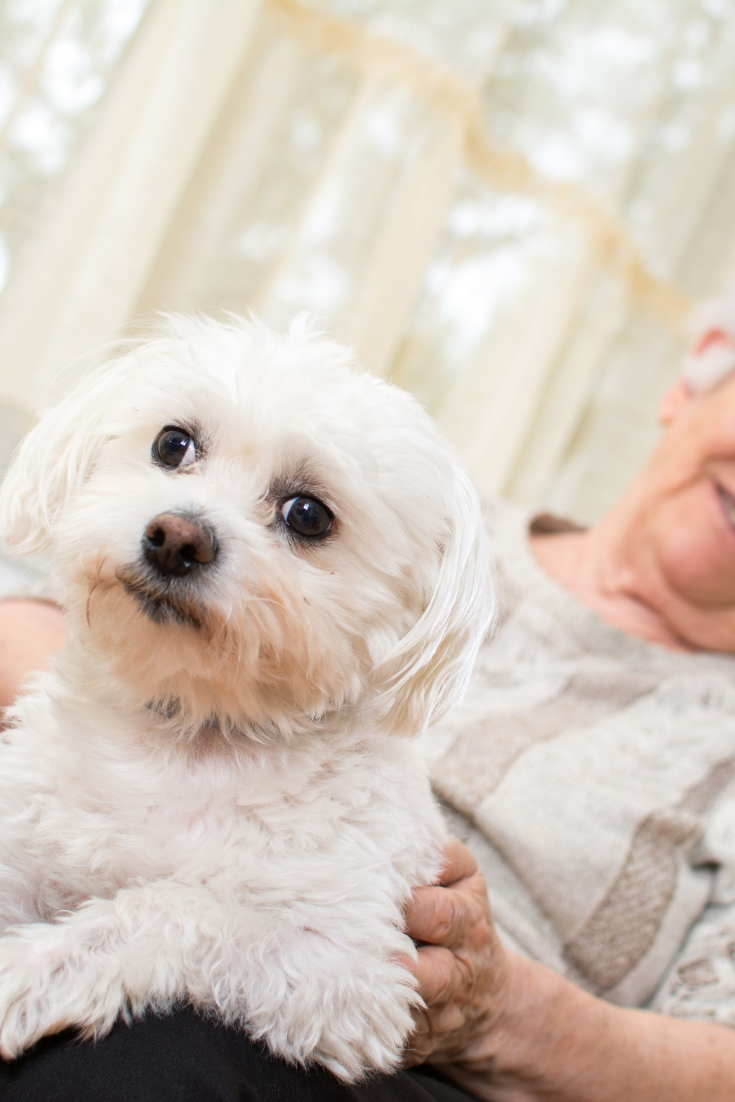
A Maltese is a peaceful, playful dog whose owners love to snuggle with them and take naps on their lap. Despite its cute looks and small body, this breed is fearless. Playtime and walks are favorite activities for Maltese, but also staying indoors with their owner is important to them. For their silky white coats, they require grooming. Seniors will enjoy this dog's easy handling and training, making it an excellent companion.
10. Pomeranian
![500+ Pomeranian Pictures [HD] | Download Free Images on Unsplash](https://petlur.com/storage/app/public/posts/articles/617beaa6e14c8.jpg)
An easy-to-handle breed of dog, the Pomeranian is small in size. Pomeranians are energetic, intelligent, and affectionate. Playtime and attention are important to them, making them a good choice for seniors and adults who enjoy fun activities. To keep their beautiful shiny coats, Pomeranians should be brushed at least 2-3 times per week. Make sure you train your pomeranian on how to behave because they are typically loud and energetic.
11. HAVANESE
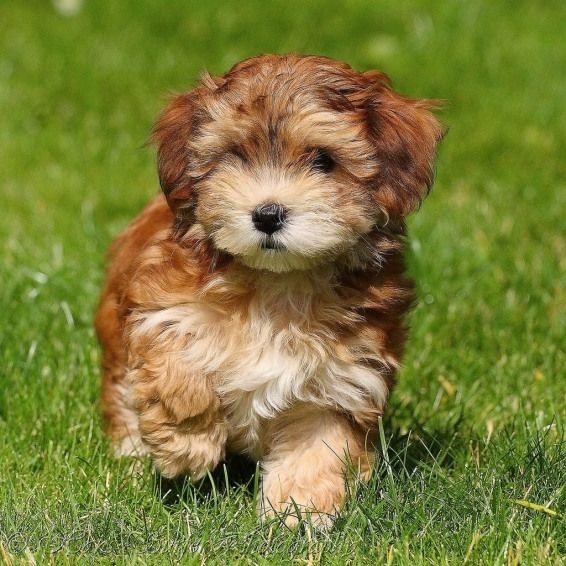
In addition to weighing 7-13 pounds, the Havanese has a life expectancy of around 14 years and is an outgoing breed. Their personalities are vivacious, and they are extremely social. When left alone for an extended period of time, they can suffer from separation anxiety. When they are left alone for an extended period of time, they can suffer from separation anxiety.
12. Boston Terrier
![Boston Terrier Pictures [HD] | Download Free Images on Unsplash](https://petlur.com/storage/app/public/posts/articles/617beaa6f0b12.jpg)
Seniors will love the Boston Terrier breed. The Boston Terrier has a high level of versatility and socialization. The dogs enjoy being in your company all the time. Trainers will have no problem training this well-mannered dog. Their friendly nature makes them a great companion for senior citizens. As their hair is short and slick, this breed requires little grooming. They are emphatic and affectionate toward their owners. If you live in an apartment, they are the perfect choice.
13. BICHON FRISE
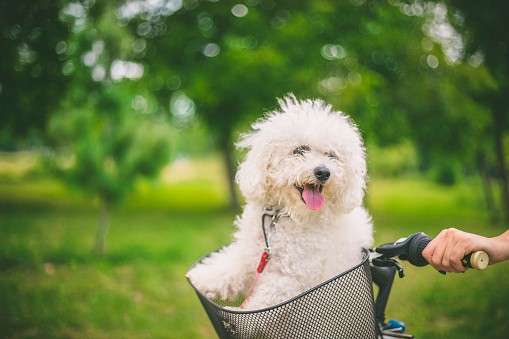
A Bichon Frise has a curly, white coat that doesn't shed and is a cheerful and loving breed. Their coat needs regular grooming but they do not need much exercise. Playing with small children and other pets, including dogs and cats, is not an issue for them. Those who live in apartments and retirement communities that don't want a lot of barking may prefer these dogs since they are gentle, cuddly, and don't bark a lot.
14. WEST HIGHLAND WHITE TERRIER
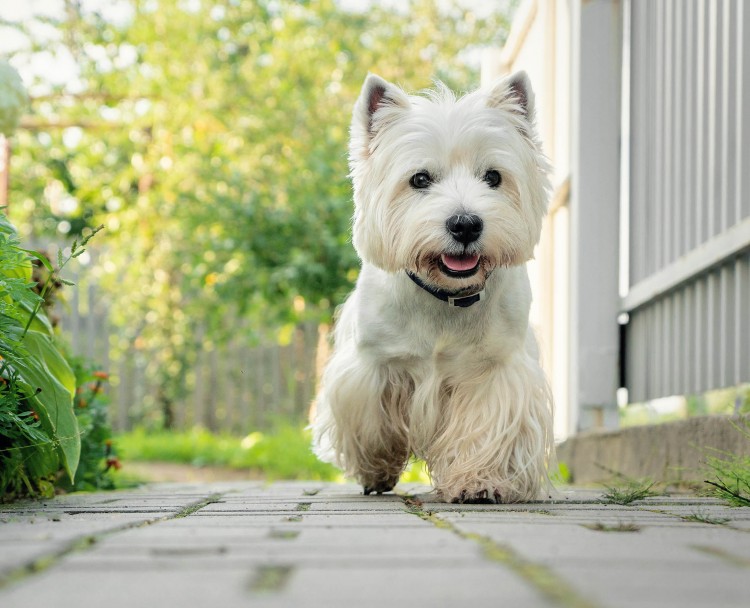
Dog lovers affectionately call these dogs Westies, and celebrities like Cary Grant, Alfred Hitchcock, and Kate Middleton have owned them. Their owners adore them. Exercise is essential for these energetic dogs. Because West Highland white terriers come from a hunting background, they tend to chase animals, and they do best when leashed or confined. Due to their independence, smarts, and confidence, they may be a little more difficult to train.
15. PEMBROKE WELSH CORGI
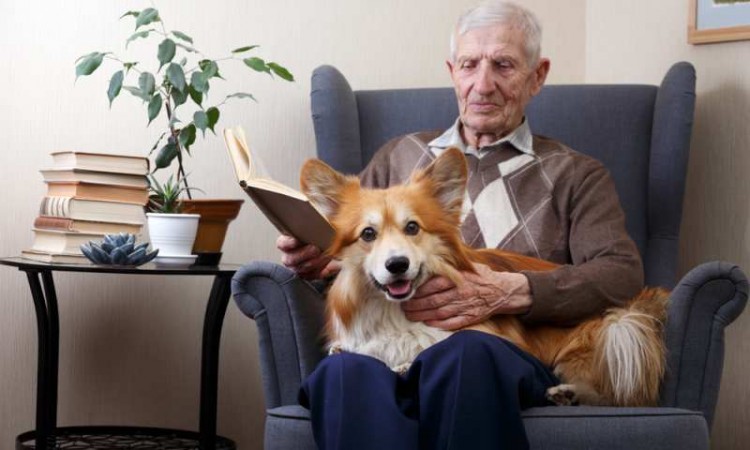
One of the most lovable and energetic dogs in history is the corgi, which is owned by Queen Elizabeth II. Daily excursions include hikes and dog park visits for these pups. Their original purpose was to herd sheep, so they require more activity than others in this category. Having a high energy level and being protective makes them excellent guard dogs. Despite their love for cuddling, they average 30 pounds and are on the larger side.
16. YORKSHIRE TERRIER
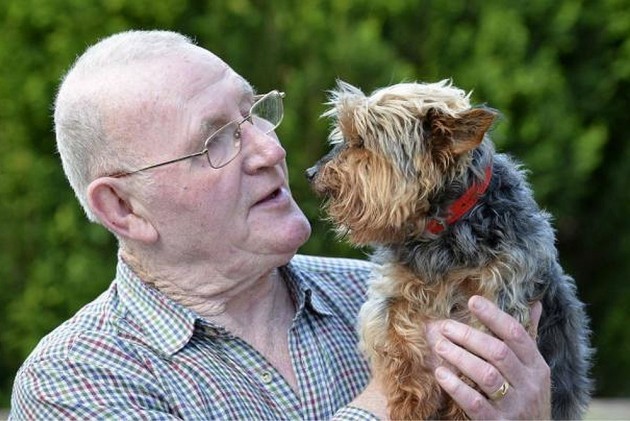
This tiny terrier, also called a Yorkie. These dogs have large personalities, despite their size. A Yorkie is tenacious and has a lot of attitude - many times they are the boss of bigger dogs. Yorkies are also extremely affectionate and loving dogs. Those who live in cities or apartments particularly like them, and they don't require much exercise. It is important to brush their beautiful coats regularly, but they do not shed and tend to cause fewer allergies than other types of dogs.
17. BEAGLE
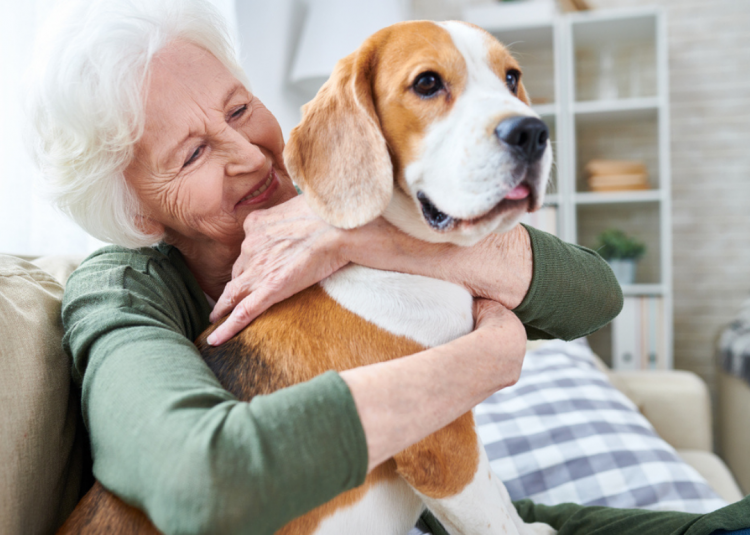
A Beagle loves to be outside and is an active dog. Their exercise requirements are high, and they are prone to chasing squirrels and other small animals. Their best homes are those with fenced yards or when on a long leash. They are good for seniors who want an active pooch. When going on walks, expect them to stop frequently - they're hunting dogs after all. This breed of dog enjoys being around people and is energetic and social. Their easy-going nature makes them a good choice for families with small children. Cuddling is their favorite activity, but letting them play tends to enhance their bonding.
18. LHASA APSO
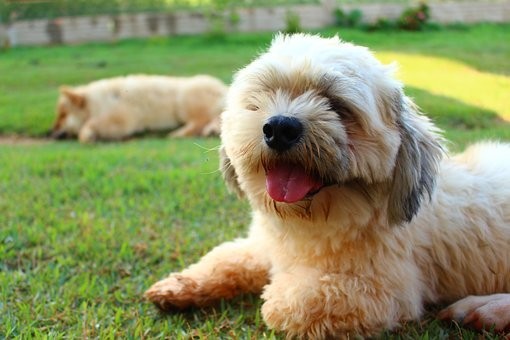
Lhasa Apsos have an outstandingly beautiful coat with floor-length hair that needs brushing frequently. Dogs with long coats should be bathed twice a week and need regular grooming sessions. Alternatively, the coat can be cut short to minimize grooming. Their intelligence, gentleness, and sense of humor make them great pets. It's not uncommon to find them working as therapy dogs and they can be exercised or played with by running around in the house or taking brisk walks. Their intelligence, however, can make them stubborn and should be trained with the firm, gentle methods.
19. MINIATURE SCHNAUZER
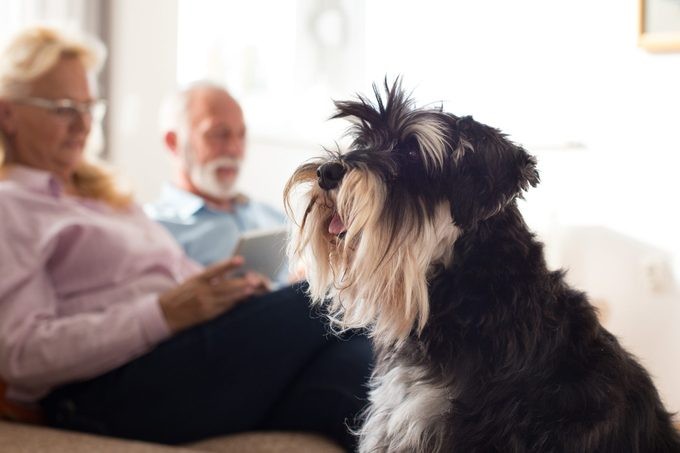
MINIATURE SCHNAUZER is a breed that sheds very little, and they're small enough for you to take them anywhere with you. They have an endearing appearance thanks to their distinctive beards and bushy eyebrows. It's a lively breed that needs a lot of exercises, including running and chasing toys such as frisbees and balls. People enjoy snuggling with these dogs since they're so obedient and intelligent. Active seniors are better off with them because they require less grooming and are energetic.
20. SCOTTISH TERRIER
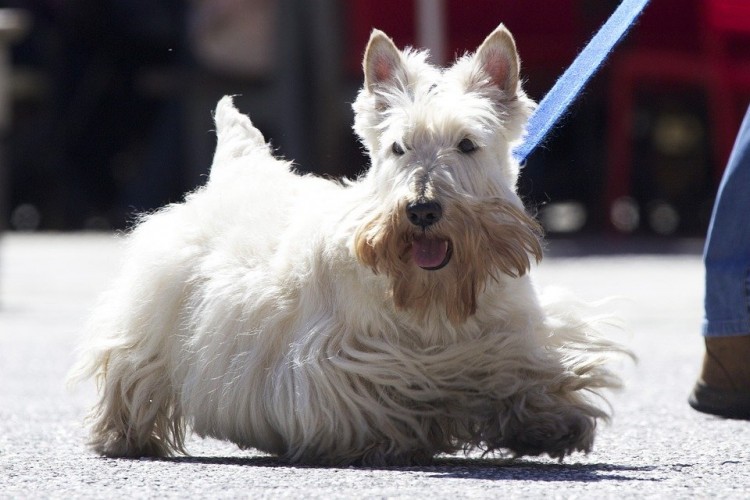
The Scottish Terrier has a life expectancy of 12 years. Small apartments and houses work for them, but daily exercise or a lot of activity is required. Despite their intelligence and independence, they can be mischievous if not trained properly. Since they can be aloof or prone to chasing other animals, such as cats, they are not ideal dogs for homes with other pets. You should brush this breed weekly and visit your groomer frequently.
Large dogs that are suitable for senior citizens
Large dogs may appeal to some seniors for a variety of reasons. A dog that is more active or able to protect you might be what you're looking for. Regardless of why, large dogs are among the best choices for seniors. There are two dogs on this list that are large compared to the others.
21. GREYHOUND
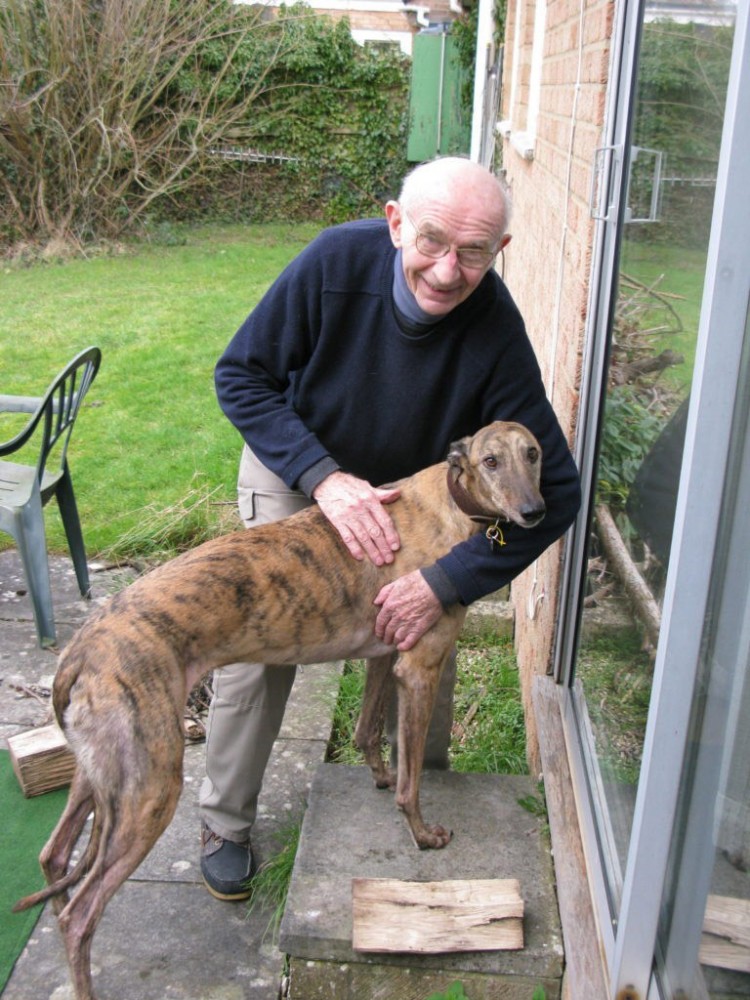
Although these dogs are among the fastest on the planet, they are not the best option for seniors. A Greyhound, however, is as cuddly as a smaller dog because of its graceful nature and sweet temperament. However, they can also be couch potatoes even though they need a lot of exercise.
Running at top speed is what these dogs prefer as their preferred method of exercise. Put the dogs in a dog park or another fenced area where they can chase a ball or frisbee instead of walking them long distances on a daily basis. Throwing a ball is easier and requires less effort if you use a ball thrower. Since their coats are short, grooming is extremely easy.
22. RETRIEVERS
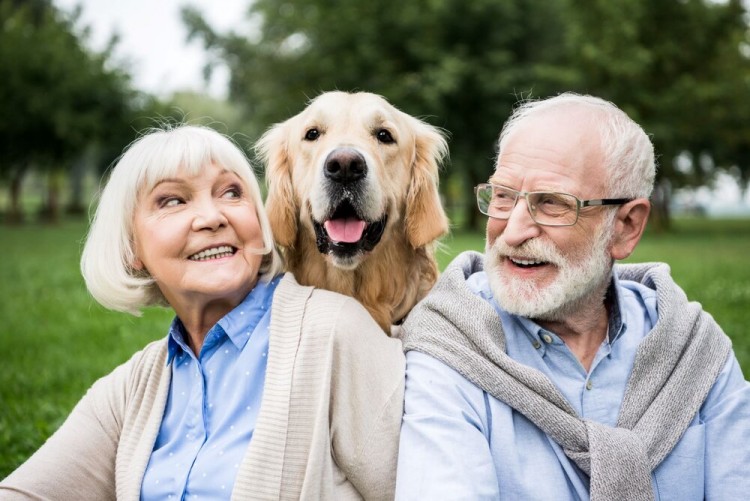
America's most popular dog breed is the retriever. Loyalty, gentleness, and affection are characteristic of these dogs. Labrador retrievers and golden retrievers are the most popular breeds. In comparison to small dog breeds, they require a great deal of exercise but are friendly and intelligent. Exercise this pooch by hiking, taking long walks, or riding a bike if you choose one of these breeds.
Making companionships
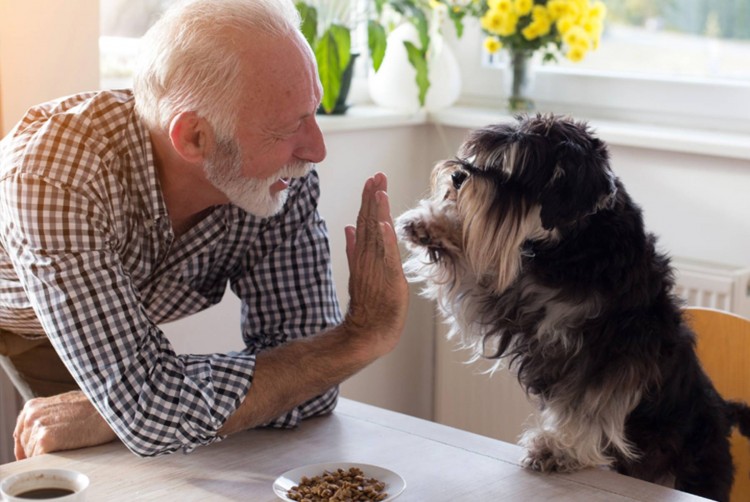
There are a wide variety of large and small dogs that make the best companions for older people. Providing companionship, entertainment, and enjoyment for many years to come, these dogs can be a great source of joy and companionship. Assessing both your needs and those of your desired breed is key to choosing the right one. If you are considering a dog, make sure you will be able to provide the necessary exercise and grooming. Adopting a dog requires that you also consider its age, temperament, and size.




